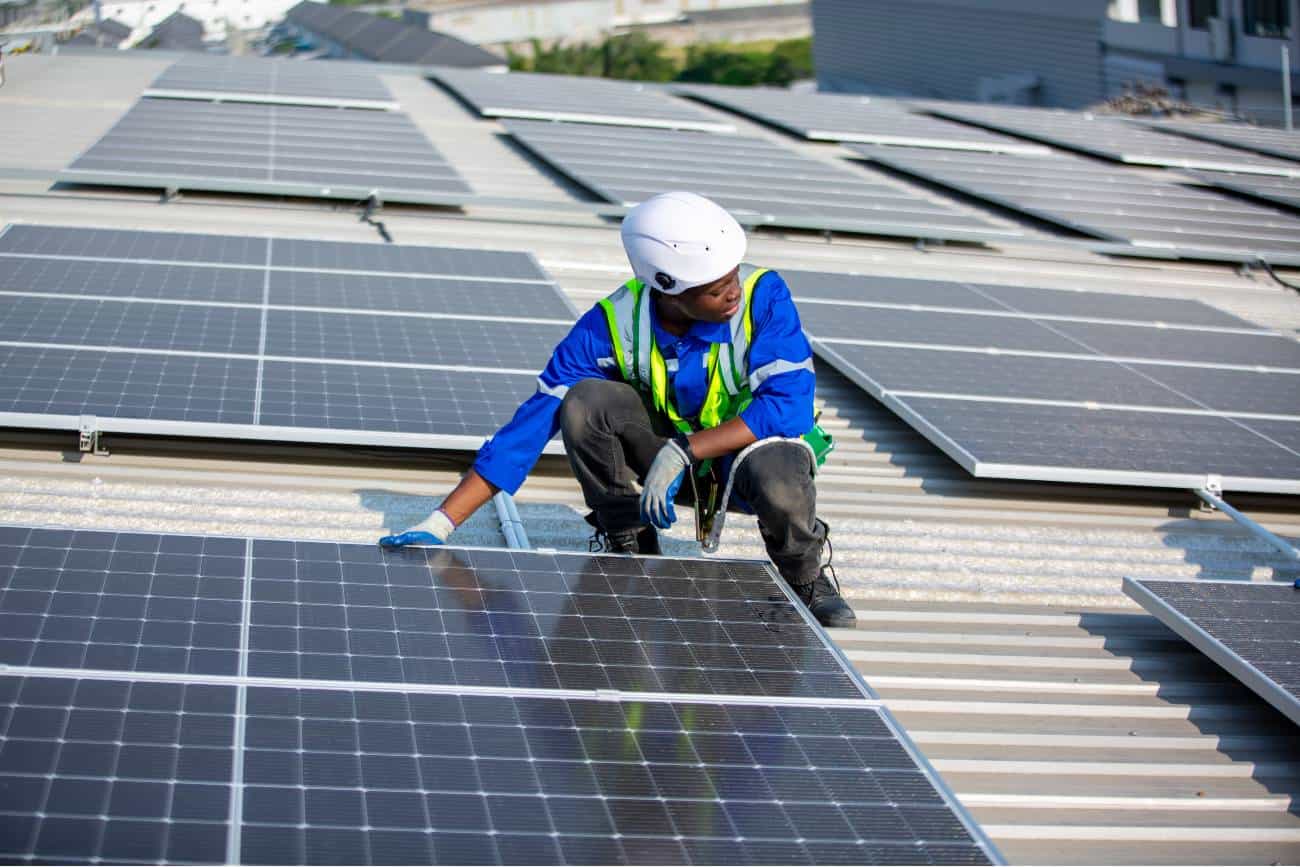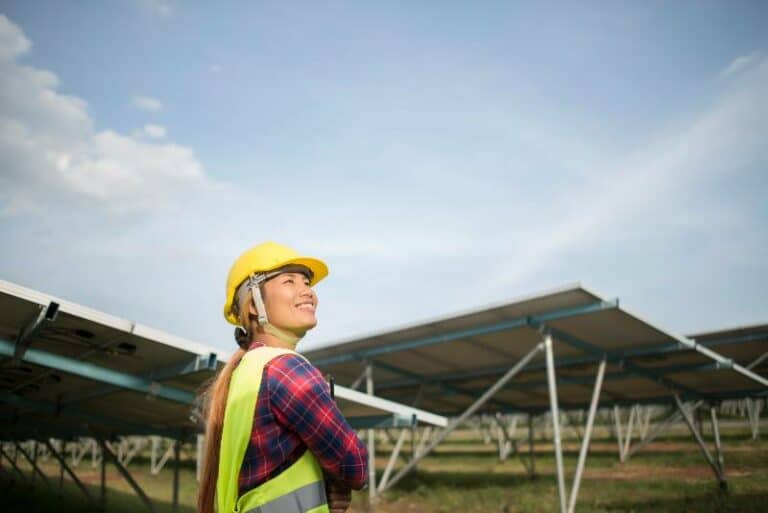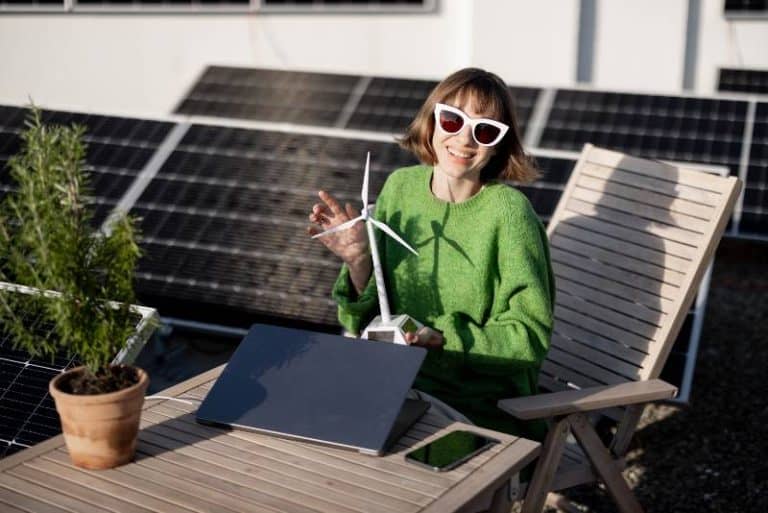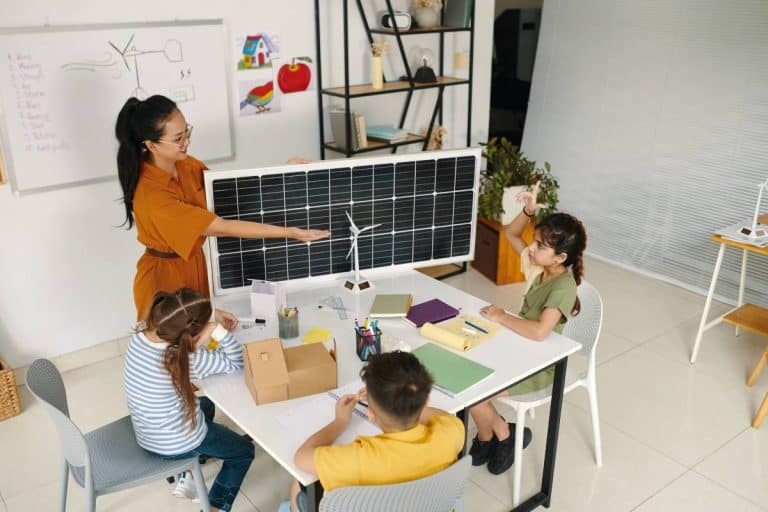Financial Benefits of Solar Panel: How Much Can You Save?
My name is Tom Kitti. I’m the founder of Electrik Living, a platform dedicated to sustainable living and renewable energy. When my daughter Trinity was born on Earth Day 5 years ago, I was inspired to do more to ensure a brighter future for her generation. That mission led me to solar power – one of the most impactful steps we can take today to reduce our carbon footprint while saving money.
After installing them in my own home, I was amazed by the financial benefits of solar panels. From day one, my energy bills dropped. And thanks to federal and state incentives, the system will pay for itself in less than 8 years. Once the panels are paid off, I’ll enjoy free electricity for another 17+ years – locking in affordable rates for decades to come.
Key Takeaways
- Solar panels generate free electricity helping eliminate or reduce costly power bills for homeowners over time.
- Federal and local incentives can reduce solar system costs by 26% or more, improving ROI.
- Beyond power savings, solar increases home value by $17,000+ and pays back the system investment in under 10 years on average.
Why My Daughter Inspired Me to Go Solar
Solar power brings more than just household savings. By generating clean energy, I’m ensuring cleaner air for my daughter to breathe for years. And as more homes go solar, there will be less strain on our aging utility grid. That benefits everyone through improved grid stability and reduced operating costs.
For any families looking to make the switch, I wanted to outline the key financial perks that may convince you solar is worth it:
Slash Your Energy Bills From Day One
This is the prime money saver! As soon as your solar energy system is up and running, you’ll eliminate a portion (or all) of your traditional electric bill. Any sunlight that hits your panels gets converted to free renewable power.
- Most solar households reduce their energy bills by 50-90%. For me, it was nearly an 80% drop in year one.
- Avoid unpredictable rate hikes from utilities for decades. Energy prices keep rising, but solar locks at affordable rates for 20-30+ years.
Over the lifetime of a solar system, homeowners save upwards of $30,000. In hot summer months when AC is blasting, your savings multiply. My July bills used to be $350+ pre-solar. Now they’re nearly zero!
Financial Benefits of Going Solar: Cash Back Deals & Tax Credits
State and federal incentives remain strong for those going solar in 2023. These programs make purchasing or leasing solar panels very affordable.
The key ones:
- Federal Solar Tax Credit – 26% of the total system cost back as a credit on your taxes
- State Tax Rebates – Up to $6k back in some areas
- Many states also offer sales tax exemptions and additional rebates
In total, the various incentives brought my $15k solar panel investment down to about $8k out of pocket. That’s nearly 50% off thanks to cash-back deals! Not bad at all.
Add Value When You Decide to Sell
Studies show homes with solar panels sell 20% faster on average compared to non-solar homes. Buyers are also willing to pay about $17,000 more for houses with existing solar power.
Why? Because your solar array transfers with the sale of the home. The new owners will enjoy all the same financial perks like slashed utility bills. Installing solar virtually guarantees a higher resale value.
Reliable Backup Power
My solar panels already save me a bundle monthly. But I also paired them with a home energy storage battery for added benefits:
- Keeps essential appliances powered 24/7 during grid outages
- Allows me to store solar energy for use at night
- Further reduces electricity pulled from the grid
With blackouts on the rise in my area, having backup solar batteries gives me peace of mind. The system has already kept my family comfortable through two multi-day blackouts this year.
Investing in solar panels and storage batteries is like getting paid to be prepared for power emergencies. The systems pay for themselves over time while ensuring electricity even in worst-case scenarios.
A Wise long-term investment: Financial Benefits of Solar Panel
Going solar is one of the safest investments I’ve made outside of our 401k funds. The average payback period for a solar system ranges from 6-10 years nationwide.
- For me in sunny Arizona with optimal rebates, I’m looking at a 7-year payoff.
- After the panels are paid off, I’ll have over 17 years of nearly free electricity generated.
- Estimates show homeowners earn about 20% annually on their solar investment over the full system lifespan!
Finding another hands-off investment that delivers returns like that is nearly impossible these days. And once my system hits the projected payoff date, every dollar saved on energy bills going forward is just padding my overall solar ROI.
It’s no wonder solar panels are being adopted so rapidly. The financial argument on top of the environmental benefits is too compelling to ignore for most families.
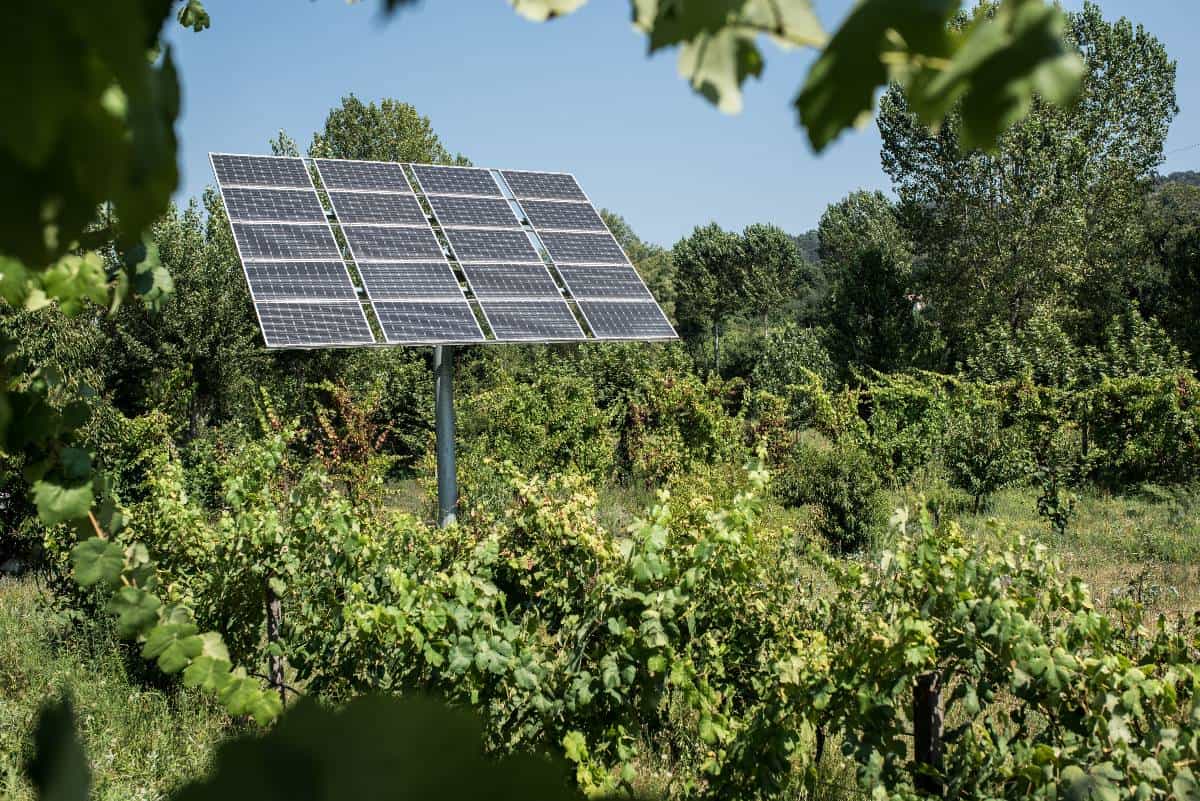
Frequently Asked Questions
How much does a solar power system cost?
The average price for a home solar panel system is $18,000 before incentives. But after applying the 26% federal tax credit and other incentives, costs fall closer to $10k out of pocket.
Should I purchase or lease my solar panel system?
Purchasing your system allows you to own it outright, earn all the electricity bill savings, and cash in on incentives. Leasing allows for $0 down financing but less long-term savings.
How long is the payback period for solar panels in my state?
Most states see a 6-10 year payback period. Solar companies can calculate yours specifically based on electricity rates, sun exposure, incentives, and more.
What maintenance is required for solar panels?
Solar panels are extremely low maintenance, only requiring the occasional hosing down to keep them debris and snow-free for optimal productivity. They have a 25+ year lifespan.
Will solar panels work with my roof type?
Solar installers assess roof age, material, shade coverage, and more. Unless your roof specifically faces north or is mostly shaded, solar should be an option! Your installer will advise on panel placement.
